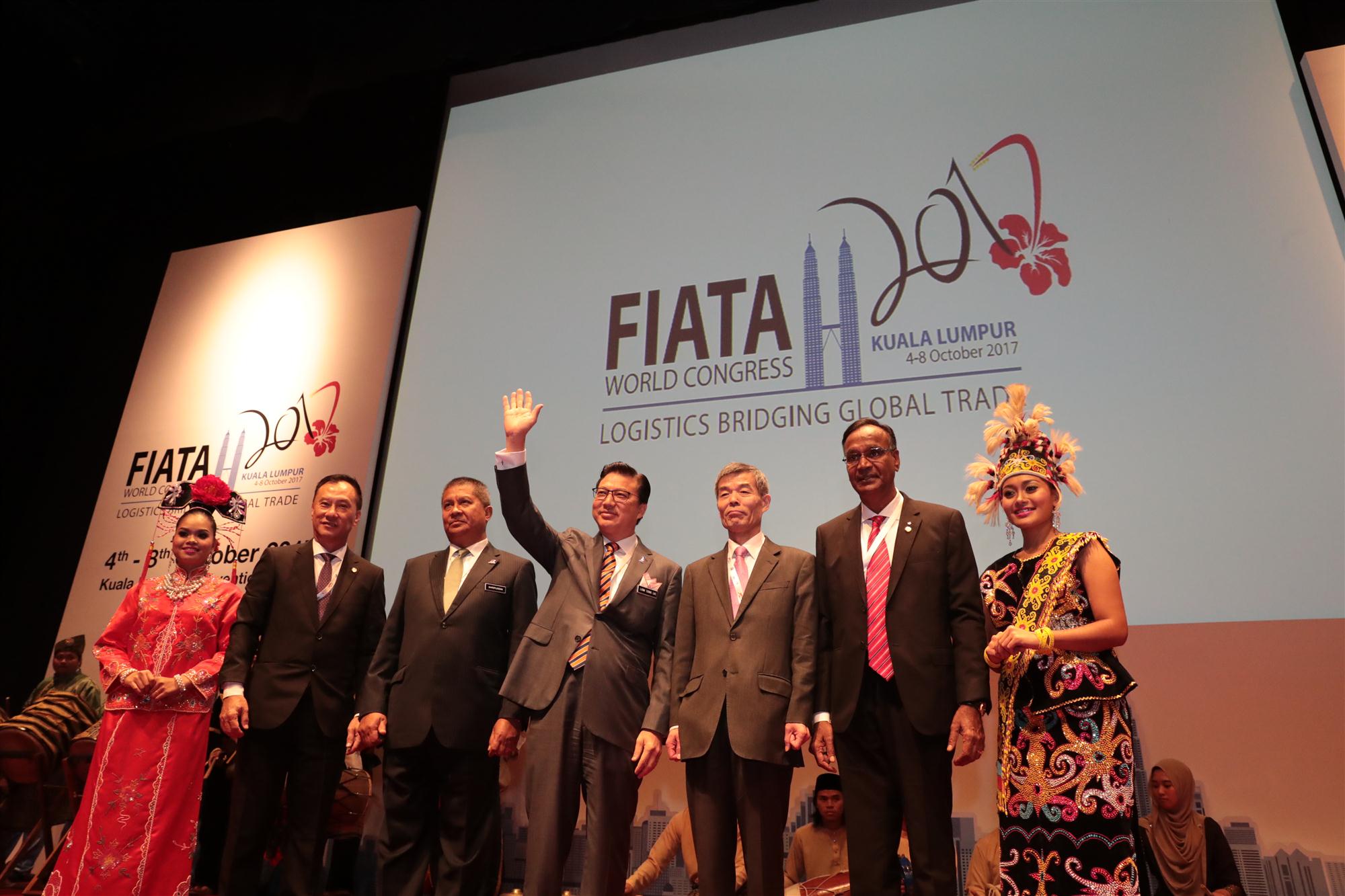Counterfeiters are exploiting sea freight loopholes to get potentially dangerous consumer goods onto the market, attendees of the FIATA World Congress learned.

Highlighting the value of the counterfeit sector, Meena Sayal, global brand protection director for Unilever, cited the 2015 Trade in Counterfeit and Pirated Goods report by the Organization for Economic Cooperation and Development (OECD). The report noted that in 2013, trade in cross-border counterfeit goods was worth an estimated US$461 billion. This represented an 80% rise in the value of counterfeit goods since 2008, when the previous survey was done. Counterfeits now make up approximately 2.5% of the total value of international trade, with China the main source of fakes imported into the EU, Sayal said.
Taking into account the domestic trade in fakes, a Frontier Economics Report in 2016 estimated the value of counterfeit trade to be between US$710 and US$917 billion annually. Adding in the value of digital piracy of movies and music increased the estimated value of total counterfeit trade to between US$923 billion and US$1.13 trillion, a number which is projected to double by 2022.
“If you have bought a counterfeit product, you have just paid a criminal organization. You’ve just paid money that will be laundered without tax being paid,” said Sayal.
Putting the scale of the counterfeit problem into perspective, Sayal said that in 2013, the total containerized import/export of cargo was 122.35 million TEUs. If counterfeit trade represents 2.5%, then over 3 million TEUs of counterfeit goods were shipped in 2013.
That is the equivalent of 166 full Maersk Triple-E class ships, or approximately 450 TEUs of counterfeit goods on every container ship sailing in 2013, she said.
The freight forwarding and shipping industry has been changing rapidly, and a key challenge is to ensure that it is not leaving loopholes that can be exploited by criminals, she said.
Sayal went on to highlight efforts that Chinese customs officials go through to prevent counterfeiting. Customs authorities in China are one of the few global authorities that will stop counterfeit goods from leaving the country, she said, but with speedy clearances, authorities are often not able to act quickly enough, even when the location of the counterfeit goods are known. Telling the audience about a recent Unilever raid, she said that counterfeiters moved more quickly than expected and shipped the infringing goods before the police could be involved. Following the goods to the Port of Ningbo, Unilever agents were able to track the goods to a container, and to the ship on which had been loaded. Evidence was handed to port authorities, but the speedy paperless clearance procedures now in place meant that the goods were cleared for departure before authorities could act. There was no law in place to allow seizure by Chinese customs once the shipment had been cleared.
The goods were finally seized in Malaysia, but the operation delayed the ship longer than it should have, and the operation cost more than it should have, all because of a loophole in the system.
Sayal said there has been a decrease in resources allocated to enforcement at European seaports as authorities focus more on small parcels, even though ports remain a key transport method, accounting for more than 50% by weight of all goods imported into the EU. For some sectors, sea freight is the primary means of carriage for counterfeiters. For FMCGs, for example, counterfeiters have adopted the same business model as legitimate manufacturers, making the bulk of their money from moving relatively low-priced products from one location to another.
“Given the challenge, what can we do?” Sayal asked, pointing out that intermediaries can often unknowingly provide a role in the counterfeiters’ supply chain.
“If we bring our own contributions together we bring together a harmonized and powerful voice with a lot of valuable information. We wanted to engage in a dialogue with the maritime sector to prevent the misuse of the maritime transport sector by criminals. We brought together a group of entities who were the first signatories of the Declaration of Intent (DoI), to try to prevent the maritime transport of counterfeit goods. The DoI brought together freight forwarding bodies such as FIATA, with shipping companies, expediters and rights holders.”
The DoI principals state:
1) We will adopt a zero-tolerance policy regarding counterfeiters.
2) We will reinforce our supply chain controls.
3) We will enhance risk profiling.
4) We will raise awareness and conduct training.
5) We will share information and cooperate.
The industries and companies involved are starting to work through developing standards and working out how they can be applied across the maritime sector, said Sayal, explaining that together, hopefully, rights holders and freight forwarders can build a series of standards around these principles that start to push back “the tide of criminal activities.”
Hans Gunther Kersten, director general of FIATA, said that everyone in the industry can share in the DoI principals, but wondered whether it would mean much in reality. “Freight forwarders are not trained to identify fakes,” he said. “What do you expect them to do?”
Sayal stressed that the industry shouldn’t go back to paper-based clearance and inspection, but that as the industry moves toward digitization, it needs to make sure it is not leaving loopholes that can be used for harm. Citing the previous China raid, Sayal pointed out that there was no way to stop the goods after clearance, even though the ship – and, therefore, the goods – stopped at other Chinese ports before leaving the country, demonstrating a need to put rules in place to close such loopholes. The industry should focus on taking forwarders’ concerns into account to come up with new standards and build up knowledge in the sector, she said.
“We all need to be educated so we don’t become part of the problem,” said Emre Eldener, managing director of KITA Logistics and president of Turkey’s Association of International Forwarding and Logistics Service Providers.
By Darren Barton
Asia Cargo News | Kuala Lumpur



